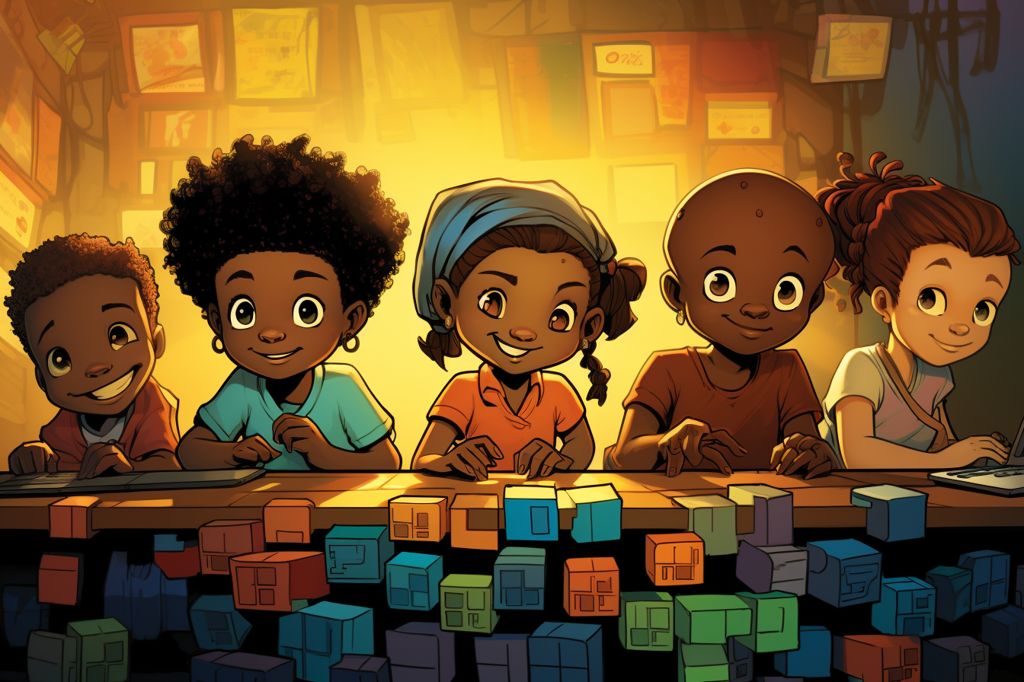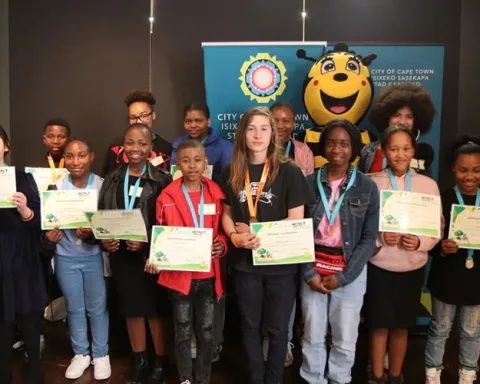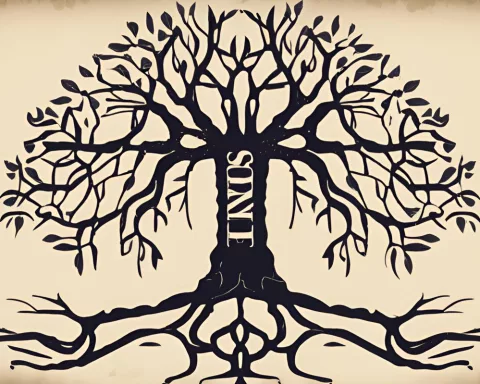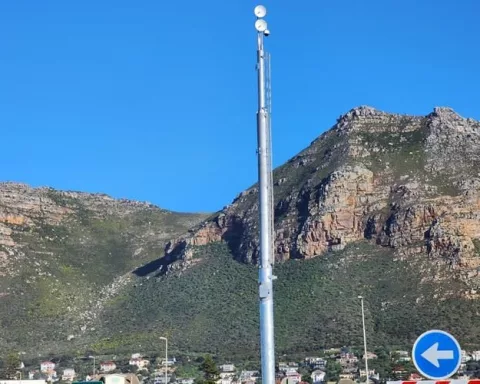As technology continues to shape our world, coding and development skills have become increasingly valuable assets, especially for future generations. To address this need, STEM Code Africa, an initiative by NGO-Run EdHub App, has partnered with educators from the Khula Education Foundation to make coding education accessible for children across the African continent. Their goal is to provide user-friendly resources that teach coding, web 3.0, artificial intelligence, and machine languages to young learners.
Founder’s Inspiration
STEM Code Africa was founded by Brandon Wilson, a Cape Town-based app developer, who is passionate about empowering youth through education. In 2019, Wilson created the EduHub Android app to support South African schools by providing comprehensive online resources for math, science, and English. This app was initially available to 22 schools in partnership with the Khula Education Foundation and paved the way for the development of STEM Code Africa’s online platform.
Making Coding Fun and Accessible
STEM Code Africa offers engaging content that simplifies coding concepts for children. The platform provides interactive modules with titles like “Dancing Letters” and “Guess the Secret Number” to make coding enjoyable and educational for young learners. Their mission is to make coding and development accessible to all children across Africa, regardless of their location. The organization aims to contribute to Africa’s technological future by preparing the youth for the inevitable advancements in the field.
Importance of Coding Education
Coding is more than just a skillset—it equips children with logical and creative thinking abilities. However, for many families, navigating the world of coding education for kids can be quite challenging. STEM Code Africa recommends starting with Scratch programming, a visual programming language designed for children aged 8 to 11. Scratch simplifies coding, allowing children to create interactive games and programs by connecting code blocks. This makes it an ideal choice for beginners with limited computer science experience.
Making a Lasting Difference
Brandon Wilson’s motivation to enhance educational accessibility stems from his own experiences attending quintile schools in the Western Cape. Through projects like EduHub and STEM Code Africa, Wilson aims to make a lasting difference in the lives of Africa’s youth. By providing free coding courses that are accessible to all, STEM Code Africa has the potential to shape the technological landscape of an entire generation.
STEM Code Africa’s mission is to empower Africa’s youth with coding skills and prepare them for the future. By providing user-friendly resources and making coding education accessible to all children across the continent, they are helping to shape the next generation of African innovators. To learn more about STEM Code Africa and its mission, visit their website and explore the various coding courses available. With organizations like STEM Code Africa leading the way, the future of coding education for Africa’s youth is brighter than ever.












